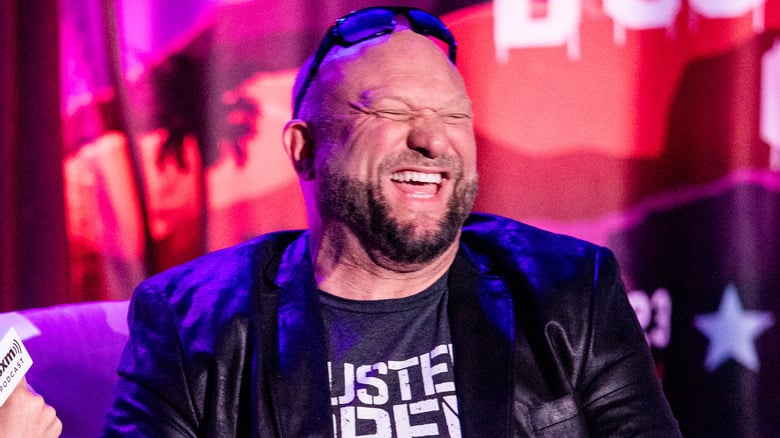
As we previously reported here on eWn, the Federal Trade Commission (FTC) approved a new rule banning non-compete agreements.
The FTC voted 3-2 in favor of the new rule that will prevent companies from making their employees sign non-compete clauses. The rule apparently protects independent contractors, such as the talents in WWE and AEW.
On a recent edition of the “Busted Open Radio” podcast, Bully Ray and Tommy Dreamer reacted to the recent ruling by the FTC.
You can check out some highlights from the podcast below:
On the FTC’s ruling: “If the FTC’s ruling is final, if this is it, it’s great because now if you stop working on a Monday, you can be gainfully employed within days in the wrestling business. Like a Cameron Grimes for instance, right? If he got let go just yesterday, and all of a sudden, TNA for instance, because he was Trevor Lee there, decided ‘Hey, let’s bring him back immediately. He can be at the next set of TV tapings, or he can be at the next PPV, and we don’t have to worry about this 90-day red tape.’ It’s pretty simple.”
On how WWE still pays wrestlers during the 90-day non-compete period: “You get paid for those 90 days. You also, as a talent, can forgo those 90 days of pay and go work somewhere else. That is an option. When I left WWE, I quit, they still offered me the pay, and I took it. And I quit…So if you wanted to technically…are you going to give up your weekly salary to try to go somewhere else? Or ‘Hey, I can literally sit home for 90 days and get paid.’”
The recently imposed ban is likely to be contested in court. The US Chamber of Commerce has expressed its intention to initiate legal action against the FTC over the ban, arguing that the agency has exceeded its jurisdiction in this matter.
FTC Approves Ban on Non-Compete Agreements, Wrestlers React
In a recent development, the Federal Trade Commission (FTC) has voted in favor of a new rule that prohibits companies from enforcing non-compete agreements on their employees. This ruling is expected to have a significant impact on various industries, including professional wrestling.
The FTC’s decision, which was passed by a narrow margin of 3-2, aims to protect independent contractors, such as the talents in WWE and AEW, from being bound by non-compete clauses. These agreements often restrict individuals from working for rival companies for a certain period of time after leaving their current employer.
Bully Ray and Tommy Dreamer, two prominent figures in the wrestling industry, recently discussed the implications of this ruling on the “Busted Open Radio” podcast. They expressed their support for the FTC’s decision and highlighted the benefits it could bring to wrestlers.
One of the key advantages mentioned by Bully Ray is the increased flexibility it offers to wrestlers in finding new opportunities. Previously, if a wrestler was released from their contract, they would have to wait for a mandatory 90-day non-compete period before joining another promotion. However, with the new rule in place, wrestlers can now be gainfully employed within days of leaving their previous company.
Bully Ray used the example of Cameron Grimes, who was recently released from WWE. Under the previous system, Grimes would have had to wait for three months before signing with another promotion. However, with the ban on non-compete agreements, he could potentially join a new promotion immediately, without any red tape.
Furthermore, Bully Ray also shed light on an interesting aspect of WWE’s policy during the 90-day non-compete period. He revealed that wrestlers are still paid during this time and have the option to forgo their pay and work elsewhere if they choose to do so. This provides wrestlers with the flexibility to decide whether they want to give up their weekly salary to pursue other opportunities or simply enjoy the financial security of staying at home.
While the FTC’s ruling has been celebrated by many wrestlers and industry insiders, it is expected to face legal challenges. The US Chamber of Commerce has expressed its intention to contest the ban in court, arguing that the FTC has overstepped its jurisdiction in this matter.
As the wrestling industry continues to evolve, the FTC’s decision to ban non-compete agreements marks a significant shift in the landscape. Wrestlers will now have more freedom to explore different opportunities and potentially find new homes in other promotions without being hindered by lengthy non-compete clauses. However, the legal battle that lies ahead will determine the long-term implications of this ruling and its impact on the wrestling industry as a whole.
